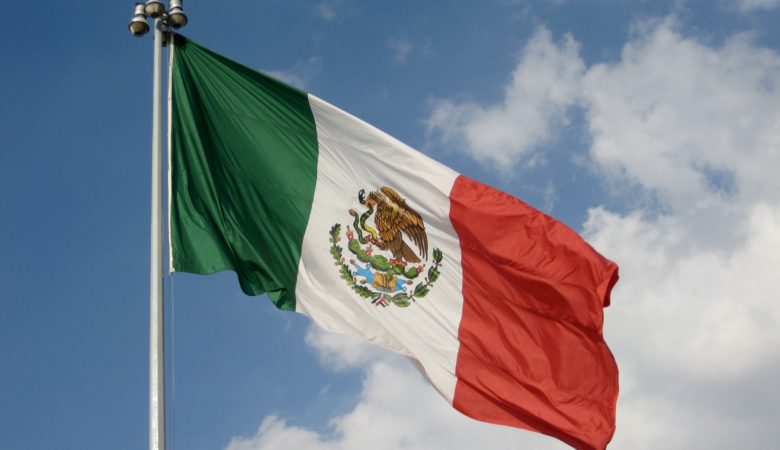Mexico Fails to Stop Cartel COVID Fraud: A Threat to Public Health & IP
Even during times of an international health crisis, fraudsters have taken advantage of the desperation of citizens to seek immunity by selling counterfeit vaccines. Organized criminal groups in Mexico have sold phony and unauthorized doses of COVID-19 vaccines made primarily by China and Russia.
Criminal groups have re-strategized operations to profit under government shutdown turning to exploit the public health crisis.
In Mexico, the cartels have gained the trust of the public by providing aid to the poorest communities; nevertheless, these groups instrumentalize the fear of the health crisis. The Gulf Cartel distributed food pantries to the northeastern state of Tamaulipas, while the daughter of El Chapo from the Sinaloa Cartel organized care packages to the western state of Jalisco. By securing the trust of the public, organized groups have successfully profited from the sale of falsified COVID-19 doses.
Mexico’s National Council of Private Security (CNSP) and Federal Commission for the Protection against Sanitary Risk (COFEPRIS) confirmed the presence of the cartels like the Michoacan Family and the Jalisco New Generation in the digital sale of unauthorized vaccines and the production of counterfeit vaccines. A report by Insight Crime notes, “80 people in the municipality of Santiago had received the unauthorized vaccine, which authorities said may have simply been water.” These counterfeit and unauthorized vaccines can be sold up to 25,000 pesos or $1,228.
Raul Sapien Santos, president of Mexico’s CNSP declared in a news interview, “More than 400 fake webpages have been detected that offer the vaccine or that offer everything from masks, rapid tests, to oxygen many through websites that are fake.”
With national security heightened, custom agents and military soldiers in Campeche, Mexico were able to seize 1,555 phony Russian V Sputnik vaccines or 5,775 doses from a private jet en route to Honduras. However, as criminal groups quickly adapt to the demand of the market, the Mexican government struggles to crack down on not only the violation of intellectual property rights but the public health risk imposed by falsified medical products.
Given Mexico’s dependence on vaccine imports, organized criminals have taken advantage of the pandemic to produce falsified and substandard medicines. The Mexican Association of Pharmaceutical Research Industries (AMIF) detailed that up to 60% of Mexico’s medicine is unauthorized, falsified, or does not meet minimum quality standards. Likewise, the National Chamber of the Pharmaceutical Industry (CANIFARMA) revealed the falsification of medicines and illicit trade generates 11.5 billion pesos, or around $576 million, annually to criminal organizations.
Property Rights Alliance held a webinar with Rep. Jodey Arrington and Dip. Éctor Barba discussing the threat of rising illicit trade in Mexico resulting from trade barriers and poor enforcement.
Moreover, IP rights towards health products should be protected now more than ever. The recent request at the Council of Trade-Related Aspects of Intellectual Property Rights (TRIPs) for the World Trade Organization (WTO) to waive IP rights for COVID-related medical products may act in good faith; however, it is a distraction. The obstacles to vaccine access are vaccine approval processes, scaling complex manufacturing, and resolving difficult logistic challenges. While IP enforcement helps take harmful counterfeit medicines off the streets and ensure a vibrant biotech sector.
At the same time, Mexico is facing pressure from American trade associations for failing to fully implement the USMCA trade agreement. At top concern has been Mexico’s delayed regulatory approvals for new medicines, failure to approve new clinical trials, and opaque regulatory processes for the biotech sector.
Organized crime and a public health crisis, an unruly combination, have tested the Mexican government’s emergency response to its limits. Mexico should protect and promote IP rights to tackle head-on the evolving organized crime that has plagued the region for decades.
Photo Credit: Jorge Mendoza-Torres on Flickr

